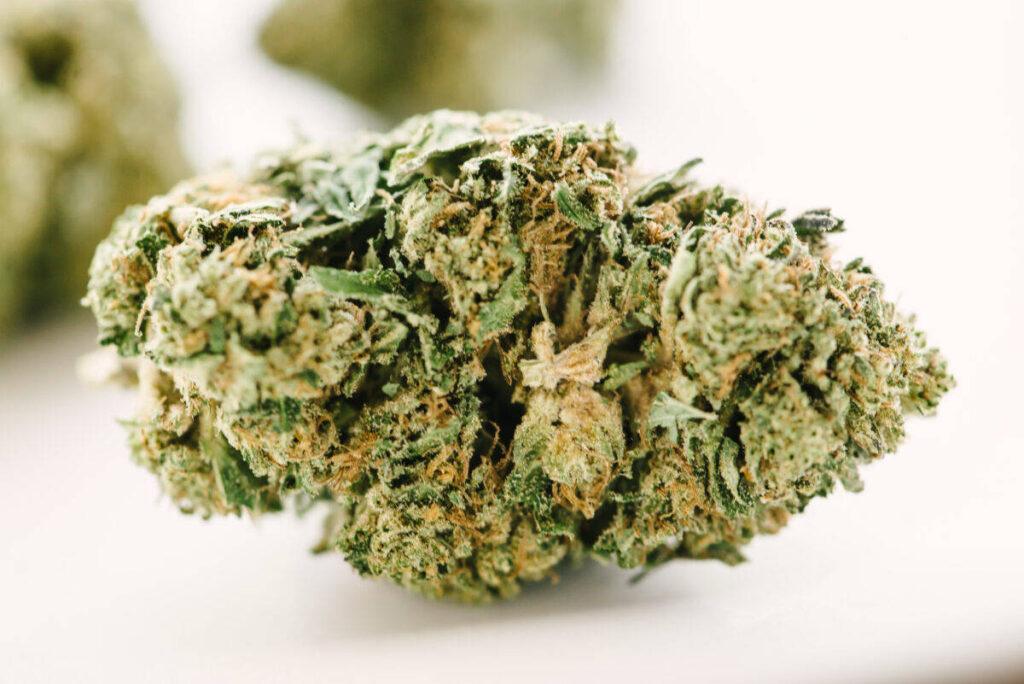THCA flowers are emerging as a significant frontier in the realm of cannabis medicine and wellness, offering a unique avenue for therapeutic exploration and health optimization. Tetrahydrocannabinolic acid THCA is a non-psychoactive cannabinoid found in raw cannabis plants, and its medicinal properties are gaining increasing recognition. Unlike its more famous counterpart, THC tetrahydrocannabinol, which is well-known for its psychoactive effects, THCA does not produce a high when consumed in its raw form. This characteristic makes THCA flowers a compelling option for those seeking the benefits of cannabis without the intoxicating effects. The potential therapeutic benefits of THCA are diverse and promising. Research indicates that THCA possesses anti-inflammatory, neuroprotective, and antiemetic properties. This cannabinoid could be particularly beneficial for individuals suffering from conditions such as arthritis, neurodegenerative diseases, and nausea. Its anti-inflammatory effects may help reduce chronic pain and inflammation, providing relief to patients with conditions like rheumatoid arthritis or Crohn’s disease.

Additionally, its neuroprotective properties suggest that best thca flower could play a role in managing or preventing neurodegenerative diseases such as Alzheimer’s and Parkinson’s. This is significant because it opens up possibilities for proactive, non-psychoactive treatments in the field of neurology. One of the key advantages of THCA is its ability to interact with the endocannabinoid system without inducing psychoactive effects. The endocannabinoid system plays a crucial role in maintaining homeostasis in the body, regulating processes such as mood, pain perception, and immune response. By engaging with this system, THCA may help to restore balance and support overall health. For individuals who are sensitive to THC or prefer to avoid its psychoactive effects, THCA offers a valuable alternative that can still leverage the therapeutic potential of cannabis. Moreover, the use of THCA flowers can be particularly appealing to those interested in natural and holistic wellness practices. THCA is often consumed in its raw form, such as in fresh cannabis leaves or in cold-pressed juices, preserving its beneficial properties.
This method of consumption aligns with the growing trend toward integrating more natural remedies into everyday wellness routines. For individuals exploring dietary and lifestyle changes to improve health, incorporating THCA into their regimen may provide an effective, natural complement to other health strategies. Despite these promising attributes, it is important to note that research on THCA is still in its early stages, and more studies are needed to fully understand its potential benefits and limitations. The cannabinoid’s therapeutic efficacy and safety profile will become clearer as more clinical trials and research are conducted. Nevertheless, the burgeoning interest in THCA highlights a shift towards a more nuanced understanding of cannabis and its various compounds. As we continue to explore and validate the therapeutic potentials of different cannabinoids, THCA flowers represent an exciting and potentially transformative area of cannabis medicine and wellness. In summary, THCA flowers are opening new doors in the world of cannabis-based health treatments, offering a non-psychoactive alternative with a range of potential therapeutic benefits.